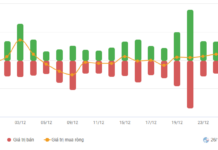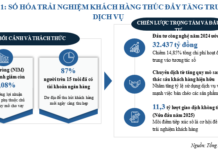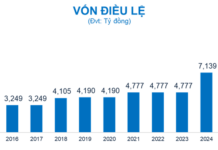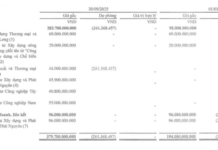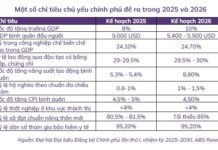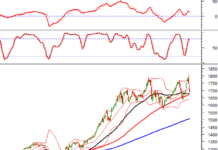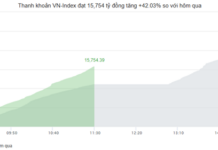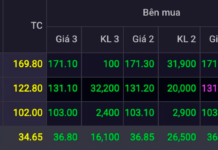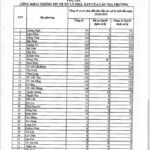VinFast Comes to Mind
Just a month ago, the Indian government officially approved a slew of initiatives that are aimed at solidifying the nation’s position in manufacturing electric automobiles. In a recent interview with CNBC published on April 25th, “What will be required is a tax break given to those [automobile manufacturers] who come up with low volumes and also are committed to investing a minimum of 500 million US dollars in India,” said India’s Commerce and Industry and Consumer Affairs Minister, as well as India’s top trade promotion authority, Mr. Rajesh Kumar Singh.
In addition to the concessions provided by the Indian government, the nation also has relatively high demands for local sourcing. Mr. Rajesh Kumar Singh also stated that “Along with that, there has to be high localization — 25% by the 3rd year, 50% by the 5th year. [This is] applicable to all the domestic and international electric vehicle manufacturers.”
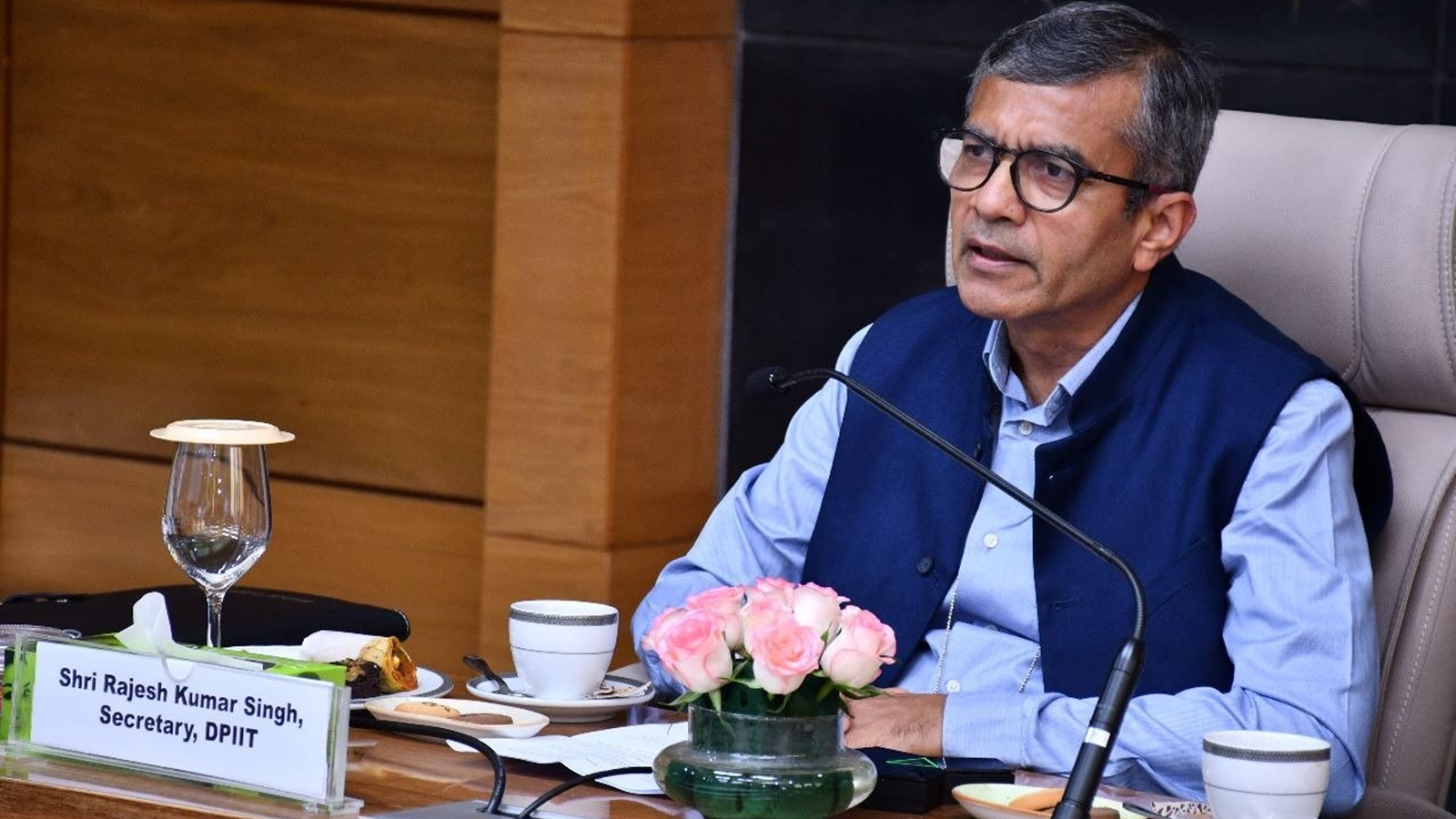
India’s Commerce and Industry and Consumer Affairs Minister, as well as India’s top trade promotion authority, Mr. Rajesh Kumar Singh
While Tesla often comes to mind when discussing electric vehicles in India, Mr. Rajesh Kumar Singh believes that the nation will draw several other automakers from across the world, specifically mentioning the leading Vietnamese electric vehicle manufacturer. “VinFast has announced their plans [for India],” he stated, and “I would not like to take names of other companies who are also in the process of evaluating, but we are very confident that many will take advantage of this policy.”
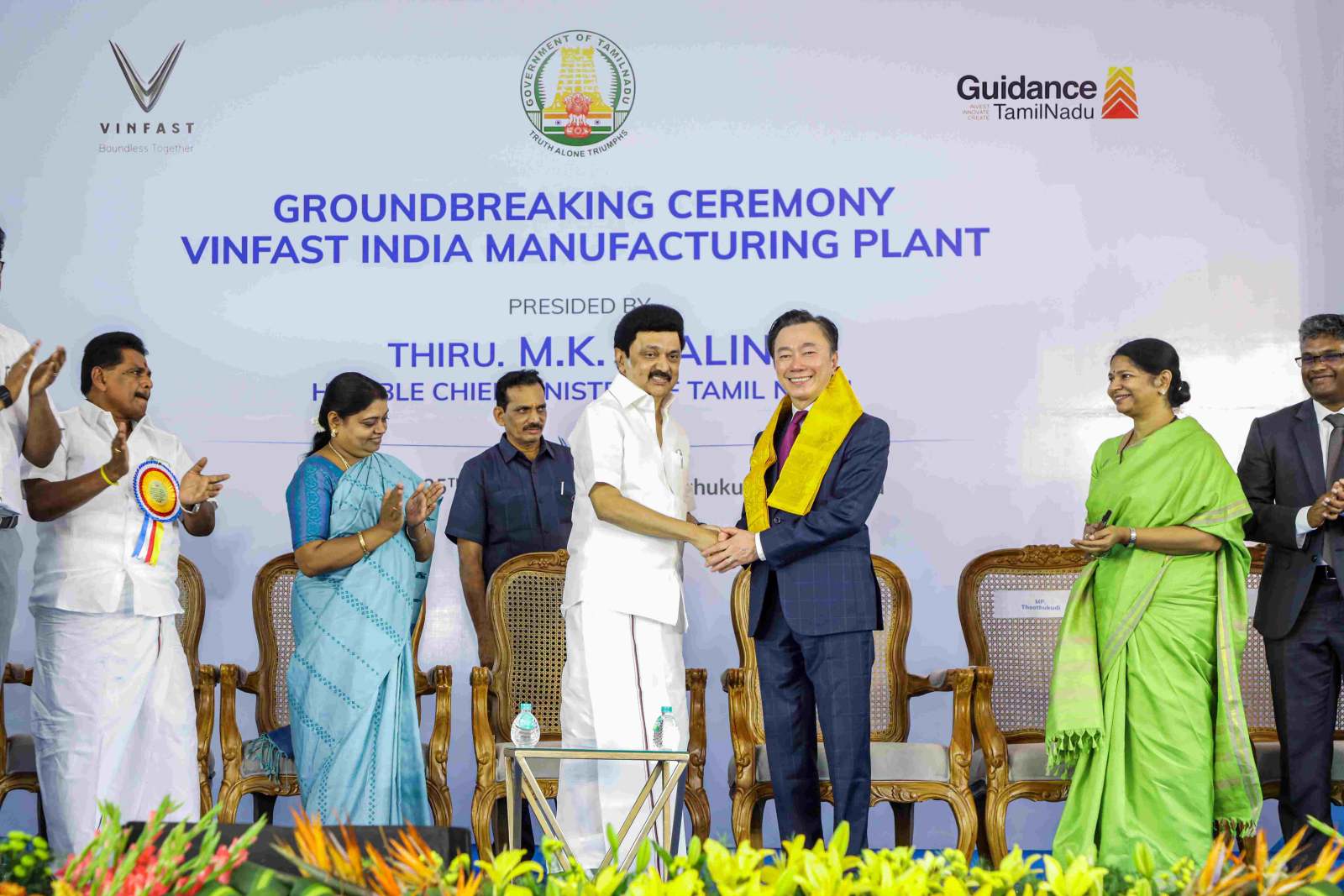
VinFast officially commenced the groundbreaking of its factory in India towards the end of February.
Towards the end of February, VinFast officially broke ground on the construction of its electric vehicle manufacturing complex in the Indian state of Tamil Nadu. Rumors prior to this indicated that VinFast was considering acquiring one of Ford’s plants, but hesitated after determining that the plant’s capacity exceeded VinFast’s plans.
According to VinFast’s announcement, the company’s facility in India will occupy a sprawling 162-hectare plot of land. In the initial five years, VinFast intends to invest roughly 500 million US dollars into the construction of an automobile manufacturing plant with an annual production capacity of 150,000 units. VinFast’s announcement also mentioned that in addition to collaborating with prominent international suppliers, the company will also prioritize manufacturing in India, which will contribute to the region’s economic progress.
Aside from VinFast, Tesla has also reportedly expressed interest in establishing a factory in India. Billionaire Elon Musk has stated that he is “very excited about the future of India.”
In reality, the electric vehicle market in India continues to possess significant potential for expansion; the CEO of MG in India believes that the arrival of major automakers like Tesla in India will spur the development of the market’s potential.
A Booming Arena for Electric Vehicles
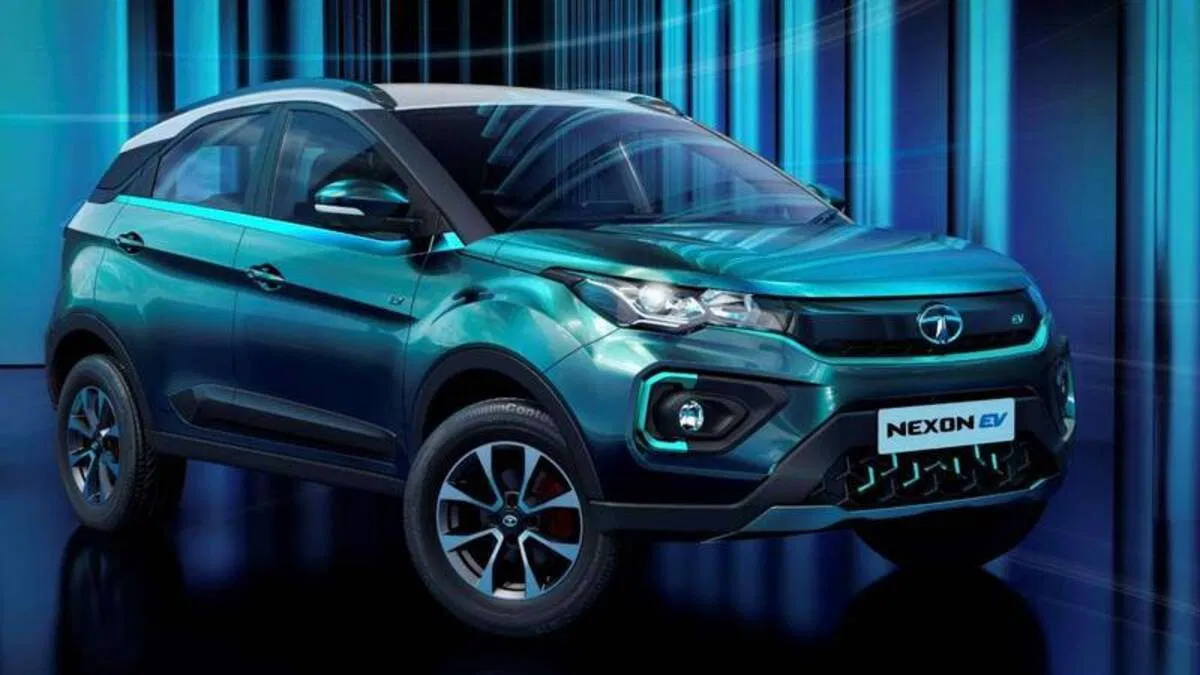
Tata Motors was the Indian automaker with the highest sales of electric vehicles in 2023, with a total of more than 4,000 units.
Research by Counterpoint Research indicates that electric vehicle sales in India experienced close to a doubling in 2023. This growth is attributed to government incentives and a shift in consumer trends, among other factors. In 2024, growth is projected to reach 66%, accounting for around 4% of total passenger vehicle sales.
Counterpoint Research stated: “By 2030, EVs are expected to account for about 1/3rd of the market, signaling stable long-term growth for the automotive sector in the country.”
Indian Prime Minister Narendra Modi had previously set a goal for electric vehicles to account for 30% of all transportation by the end of this decade. According to Mr. Rajesh Kumar Singh, India’s target is well-founded.
He stated: “For passenger vehicles, I would say that it is absolutely within the realm of possibility to see 15 to 20% penetration by that time. But overall, if you look at all the different vehicle categories, including commercial vehicles, three wheelers and two wheelers, then definitely we will cross that 30% mark.”
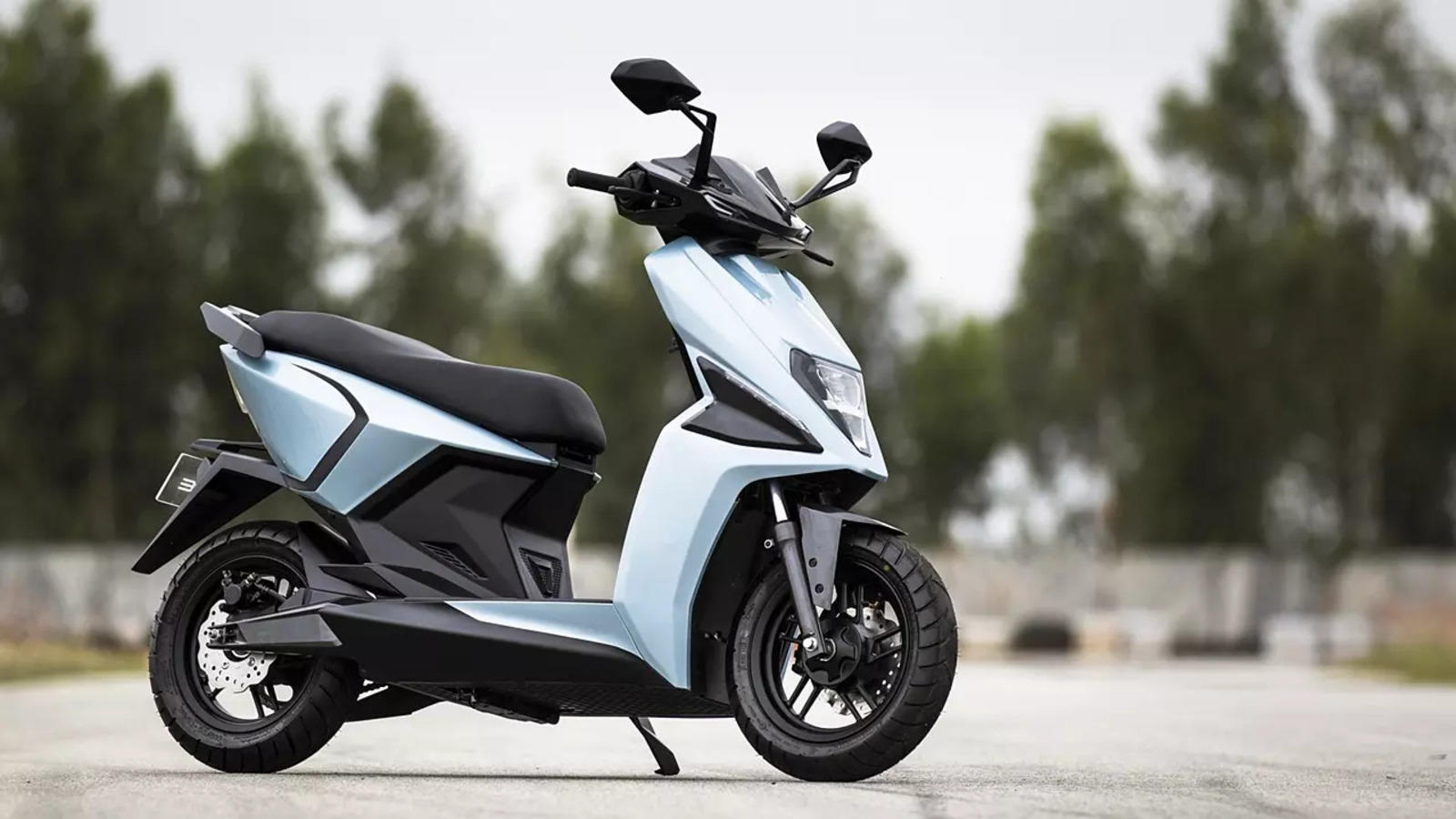
India is the world’s second largest motorcycle market.
India currently stands as the world’s second largest two-wheeler market. Electric vehicles have gained widespread adoption among the populace. Mr. Rajesh Kumar Singh stated: “We already have the highest penetration of [electric three-wheelers] in the world — close to 50%. Two-wheelers are between 10-12%.”
He also noted: “Passenger vehicles is where we are playing catch-up — a penetration of only around 2%, which is why we decided to fast-track this [growth] through a policy and invite as many manufacturers to come to India and bring in the latest models and technologies.”
With a population exceeding 1.4 billion individuals, India emerged as the world’s most populous nation in 2023. During the same year, India surpassed China to claim the position of the world’s largest three-wheeler market, with total sales reaching approximately 580,000 units.
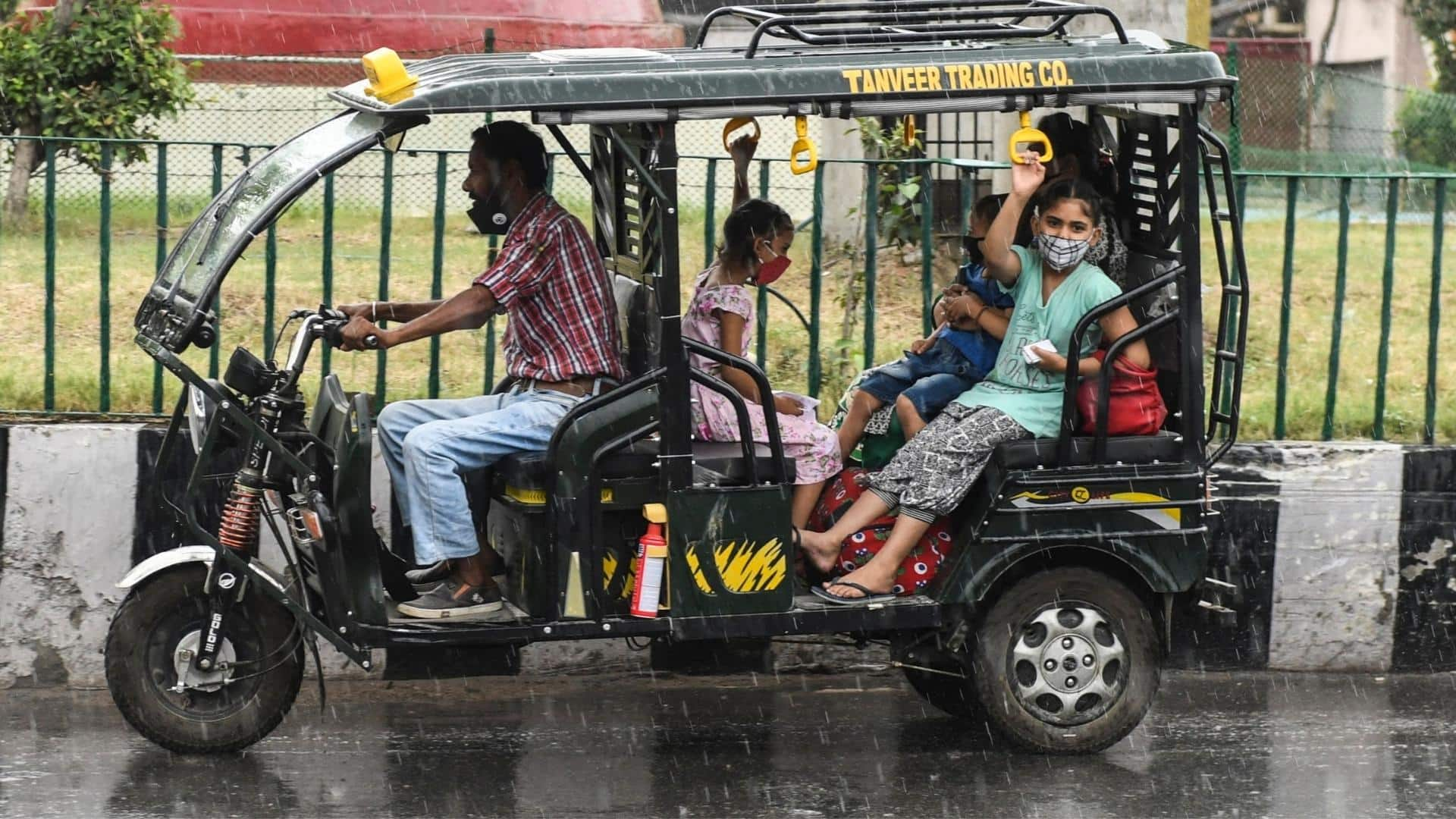
Electric three-wheelers account for roughly 50% of the three-wheeler market in India.
As for the two-wheeler market, sales increased by approximately 40% in 2023 compared to the previous year. Domestic manufacturers lead this market, accounting for roughly 75% of total sales. Prominent domestic two-wheeler brands include Ola Electric, TVS Motor, Ather, Bajaj, and Ampere.
VinFast produces and sells a wide range of electric two-wheelers, from electric bicycles to electric motorcycles in various segments, as part of its comprehensive product portfolio. However, it remains uncertain whether VinFast intends to enter the two-wheeler market in India; the company’s announcements regarding the Indian market have



